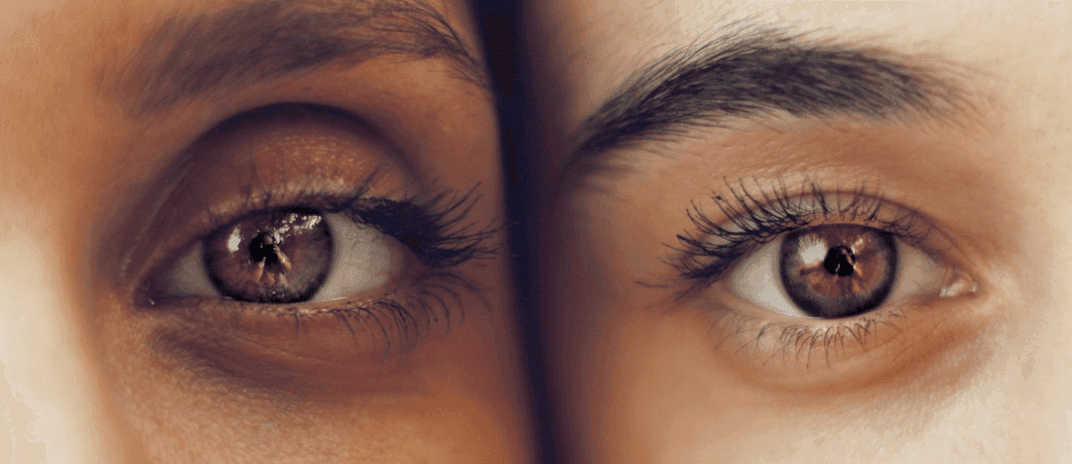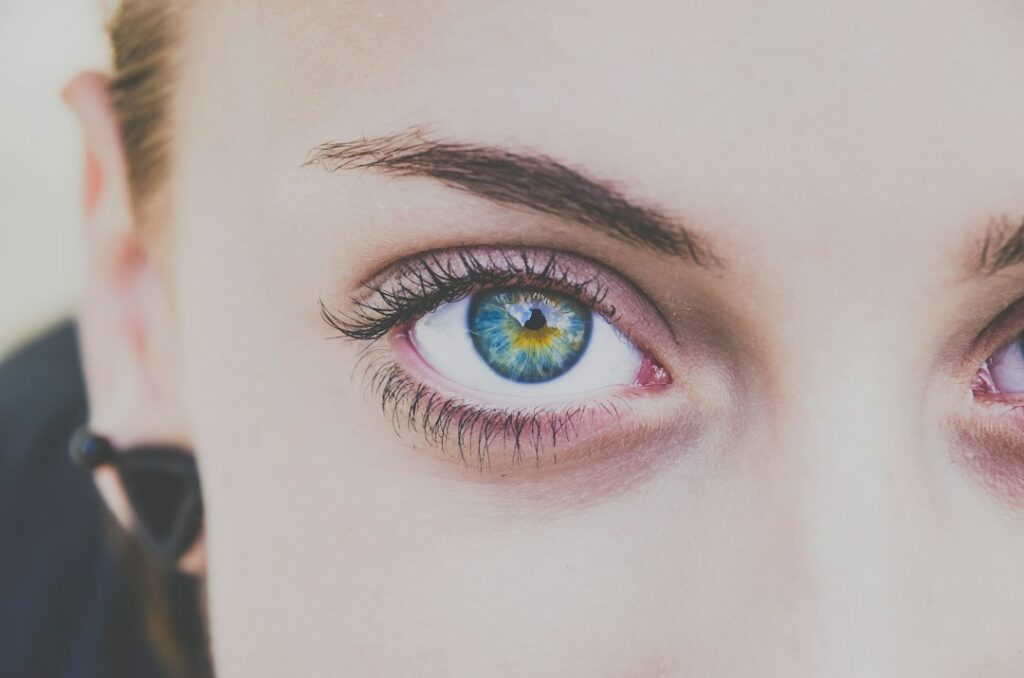


Are you tired of waking up to those pesky dark circles under your eyes, even when you think you’ve gotten enough sleep? Well, you’re not alone. Many people wonder why these stubborn under-eye circles persist, despite their best efforts.
In this article, we’ll explore the seven common causes of dark circles, shedding light on why they continue to haunt you. From dehydration to genetics, we’ll uncover the secrets to banishing those dark circles for good.
Many people, both men and women of different ages, share a common concern – dark circles under the eyes. These noticeable discolorations result from various factors, including lifestyle, genetics, and underlying health issues. To effectively tackle this cosmetic concern, it is essential to comprehend the reasons behind the emergence of dark circles.
If you constantly find yourself wondering why you have dark circles even when you get enough sleep, it may be due to sleep deprivation. Lack of sleep can cause those pesky dark circles under your eyes, making your eyes look tired and dull.
Sleep deprivation not only affects your physical health but also affects your appearance. When you don’t get enough sleep, your body produces more cortisol, a stress hormone, which can lead to inflammation and blood vessel dilation.
This can result in the pooling of blood under the thin skin around your eyes, causing the appearance of dark circles.
When it comes to dark circles under your eyes, genetics and skin factors play a significant role in their appearance, making them a common concern for many individuals.
Your genetics determine the thickness and color of your skin, which can affect the visibility of blood vessels and contribute to the formation of dark circles. People with thinner skin are more prone to under-eye circles because the blood vessels beneath the skin are more visible.
Additionally, certain skin conditions like post-inflammatory hyperpigmentation can cause darkening of the under-eye area. Other skin factors such as allergies, eczema, and dermatitis can also contribute to the development of dark circles.
Understanding these genetic and skin factors can help you better address the causes of your dark circles and find suitable solutions.
To address the causes of your dark circles, it’s important to consider the impact of your lifestyle choices. Here are some lifestyle factors that can contribute to dark circles under your eyes:

As you age, the thin skin around your eyes becomes more susceptible to collagen loss and decreased subcutaneous fat, leading to the development of dark circles. The aging process causes the skin to become thinner and more transparent, making the blood vessels beneath the skin more visible. This can create a darkened appearance under the eyes.
Additionally, as you get older, the natural fat pads that cushion and support the under-eye area may diminish, causing the skin to appear hollow and sunken, further accentuating the dark circles.
While the aging process is a natural part of life, there are ways to reduce the appearance of dark circles under the eyes. Medical treatments such as laser therapy, dermal fillers, and chemical peels can help minimize the appearance of dark circles and improve the overall look of the under-eye area.
If you suffer from dark circles under your eyes, allergies and sinus issues can contribute to their appearance. Here are some reasons why:
To minimize the effects of allergies and sinus issues on your dark circles, it’s important to manage your allergies, stay hydrated, and protect your skin from irritants.

If you have dark circles under your eyes, it’s important to consider underlying health conditions that could be contributing to their appearance. While lack of sleep is a common cause of dark circles, there are other factors that may be at play.
Certain health conditions can cause dark circles and make you look tired, even if you’re getting enough sleep each night. Conditions such as allergies, anemia, thyroid problems, and kidney or liver diseases can all contribute to the development of dark circles under the eyes.
It’s important to address these underlying health issues to effectively reduce the appearance of dark circles. If you’re concerned about your dark circles, it’s best to consult with a healthcare professional to determine the underlying cause and appropriate treatment options.
To address the appearance of dark circles under your eyes, there are various remedies and treatment options available. Here are some options to help you reduce the appearance of dark circles:
In conclusion, understanding the root causes of dark circles under the eyes is essential for finding effective remedies and treatment options. Factors such as sleep deprivation, genetics, lifestyle choices, aging, allergies, and underlying health conditions can all contribute to the persistence of dark circles, even with sufficient rest.
By addressing these causes and implementing proper skincare routines, hydration, and healthy habits, we can minimize the appearance of dark circles and achieve a refreshed and vibrant look. Say goodbye to self-consciousness and hello to a brighter under-eye area.
Lawrence E, Al Aboud KM. Postinflammatory Hyperpigmentation. [Updated 2022 Oct 3]. In: StatPearls [Internet]. Treasure Island (FL): StatPearls Publishing; 2024 Jan-. Available from: https://www.ncbi.nlm.nih.gov/books/NBK559150/
Office of Disease Prevention and Health Promotion (2023) Get Enough Sleep [online]. Available at: https://health.gov/myhealthfinder/healthy-living/mental-health-and-relationships/get-enough-sleep
Vrcek, I., Ozgur, O., & Nakra, T. (2016). Infraorbital Dark Circles: A Review of the Pathogenesis, Evaluation and Treatment. Journal of cutaneous and aesthetic surgery, 9(2), 65–72. https://doi.org/10.4103/0974-2077.184046